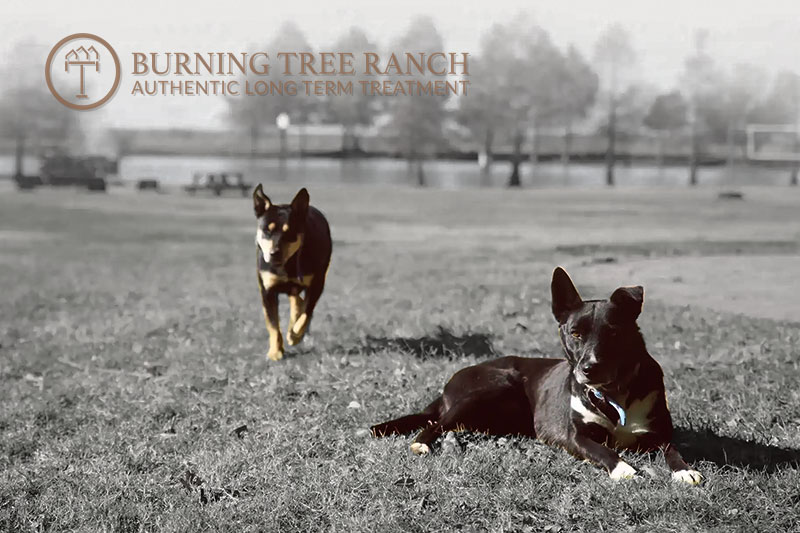Personality Disorders in a Dual Diagnosis with Substance Use
Effectively treating personality disorders requires a nuanced, compassionate approach that addresses the distinct challenges presented by each cluster, such as engagement difficulties, emotional volatility, and deep-seated fears. Emphasizing the importance of long-term care is crucial, as sustainable recovery hinges on continuous, personalized treatment strategies.
Personality Disorders: A DSM-5 Overview
Based on shared characteristics, personality disorders are categorized into three clusters in the Diagnostic and Statistical Manual of Mental Disorders, Fifth Edition (DSM-5). Each cluster and its personality disorders have unique features that distinguish them.
The 3 Clusters of Personality Disorders:
- Cluster A – Odd, Eccentric
- Cluster B – Dramatic, Emotional, or Erratic
- Cluster C – Anxious, Fearful
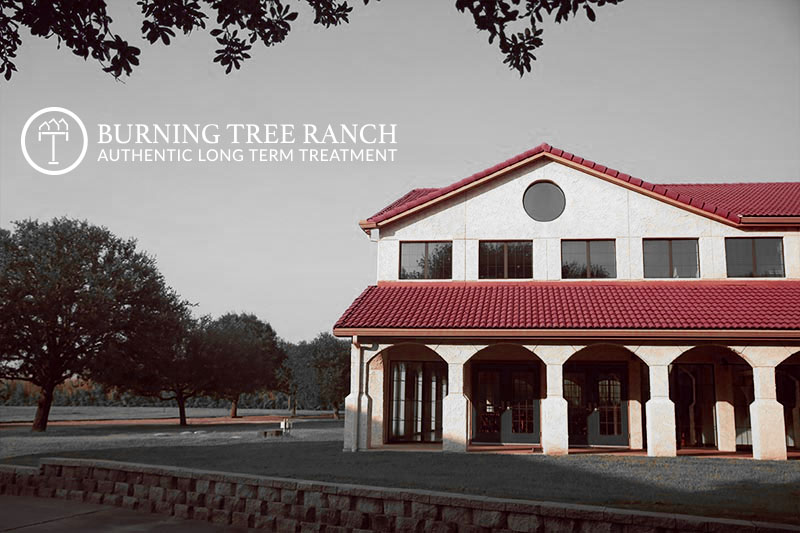
Cluster A Odd, Eccentric
Cluster A personality disorders are characterized by odd, eccentric thinking or behavior. They include Paranoid Personality Disorder, Schizoid Personality Disorder, and Schizotypal Personality Disorder.
Paranoid Personality Disorder
Individuals with this disorder are often suspicious of others, expecting to be harmed or exploited. They may interpret innocent remarks as demeaning or threatening and hold grudges.
Schizoid Personality Disorder
Marked by a lack of interest in social relationships, preferring solitude. Individuals may appear detached or indifferent to social interactions and have a limited range of emotional expressions.
Schizotypal Personality Disorder
Features include discomfort in close relationships, distorted thinking, and eccentric behavior. Individuals might have odd beliefs or magical thinking and be peculiar in their speech or appearance.
Cluster B Dramatic, Emotional, or Erratic
Cluster B personality disorders are marked by dramatic, overly emotional, or unpredictable thinking or behavior. This cluster includes Antisocial Personality Disorder, Borderline Personality Disorder, Histrionic Personality Disorder, and Narcissistic Personality Disorder.
Antisocial Personality Disorder
Characterized by a disregard for and violation of the rights of others. Individuals may engage in deceitful or manipulative behavior show impulsivity, aggressiveness, and a lack of remorse.
Borderline Personality Disorder
Features include intense, unstable relationships, a distorted sense of self, and significant emotional instability. Individuals may experience rapid mood swings, fear of abandonment, and engage in self-destructive behavior.
Histrionic Personality Disorder
Individuals exhibit excessive emotionality and attention-seeking behavior. They may be uncomfortable when not the center of attention, display inappropriate seductive behavior and have rapidly shifting emotions.
Narcissistic Personality Disorder
Marked by a pattern of grandiosity, a need for admiration, and a lack of empathy. Individuals may feel entitled, exploit others for personal gain, and be preoccupied with fantasies of success or power.
Cluster C Anxious, Fearful
Cluster C personality disorders are characterized by anxious, fearful thinking or behavior. They include Avoidant Personality Disorder, Dependent Personality Disorder, and Obsessive-Compulsive Personality Disorder (distinct from Obsessive-Compulsive Disorder).
Avoidant Personality Disorder
Features include social inhibition, feelings of inadequacy, and hypersensitivity to negative evaluation. Individuals may avoid social interactions for fear of being criticized or rejected.
Dependent Personality Disorder
Characterized by a pervasive need to be taken care of, leading to submissive and clinging behavior and fear of separation. Individuals may have difficulty making decisions without excessive advice and reassurance from others.
Obsessive-Compulsive Personality Disorder
Involves a preoccupation with orderliness, perfectionism, and control at the expense of flexibility, openness, and efficiency. Individuals may need to be more devoted to work and productivity, excluding leisure activities and friendships.
Understanding these disorders requires recognizing that personality disorders represent enduring patterns of inner experience and behavior that deviate markedly from the expectations of the individual’s culture. These patterns are inflexible and pervasive across various personal and social situations, leading to distress or impairment. Qualified professionals should always conduct diagnosis and treatment.
From Resistance to Recovery: Tackling the Treatment Challenges of Personality Disorders
Treating personality disorders presents unique challenges, partly due to the diverse nature of these disorders and their profound impact on an individual’s thinking, feeling, and interacting patterns. Each cluster of personality disorders—A (Odd, Eccentric), B (Dramatic, Emotional, or Erratic), and C (Anxious, Fearful)—comes with specific hurdles in treatment. Here are some common challenges associated with each cluster, along with examples:
Cluster A Personality Disorders
Odd, Eccentric
Engagement in Treatment: Individuals with Cluster A personality disorders, such as Paranoid, Schizoid, or Schizotypal Personality Disorders, often exhibit suspicion towards others or a profound lack of interest in social interactions. This can make engaging them in treatment difficult, as they may distrust mental health professionals or be indifferent toward therapeutic relationships.
Social Isolation: The tendency towards solitude and eccentric behavior can hinder the development of a supportive network, crucial for recovery. For example, someone with Schizoid Personality Disorder may prefer to be alone, making group therapy or peer support challenging to implement.
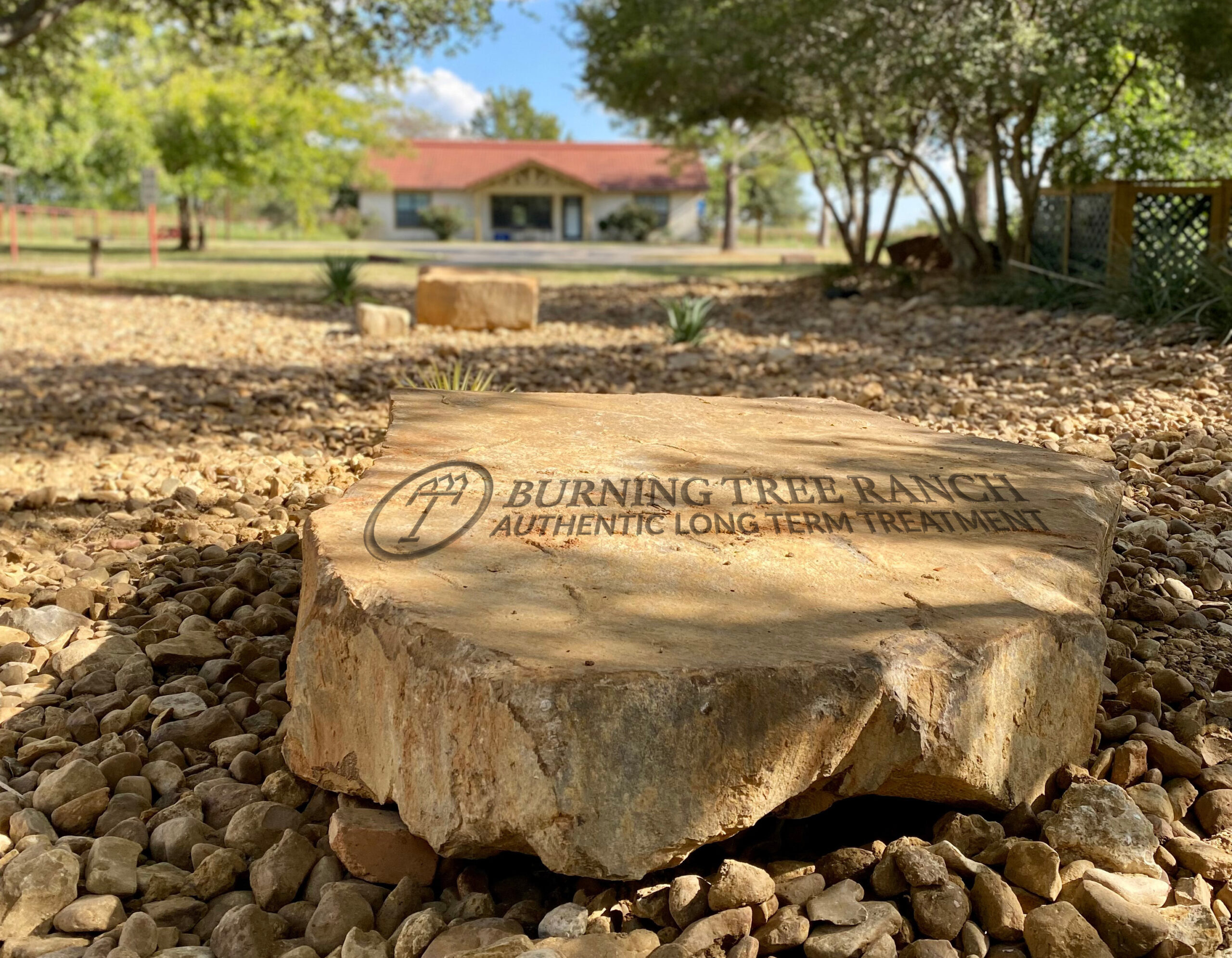
Cluster b Personality Disorders
Dramatic, Emotional, or Erratic
Emotional Volatility: Treatment of Cluster B disorders, including Borderline, Antisocial, Histrionic, and Narcissistic Personality Disorders, is often complicated by the individual’s emotional instability or erratic behaviors. For instance, the impulsivity and intense emotional reactions in Borderline Personality Disorder can lead to challenges in maintaining therapeutic consistency and progress.
Interpersonal Issues: Many with Cluster B disorders struggle with interpersonal relationships, which can manifest as manipulation, fear of abandonment, or a lack of empathy. This complicates forming the trusting, stable therapeutic relationships necessary for effective treatment.
Resistance to Treatment: Especially in Antisocial and Narcissistic Personality Disorders, individuals may not recognize their behaviors as problematic, leading to a lack of motivation for change. They may not adhere to treatment plans or engage sincerely in therapy.
Cluster C Personality Disorders
Anxious, Fearful
Anxiety and Fear of Negative Evaluation: Individuals with Cluster C disorders, such as Avoidant, Dependent, and Obsessive-Compulsive Personality Disorders, often experience intense anxiety and fear of criticism. This can make participating in therapy or group settings intimidating, as seen in Avoidant Personality Disorder, where fear of judgment may prevent individuals from engaging in treatment.
Dependence and Difficulty with Autonomy: For those with Dependent Personality Disorder, the challenge lies in fostering independence and self-efficacy, as they may rely excessively on the therapist or others for decision-making and support.
Rigidity and Control: Treating Obsessive-Compulsive Personality Disorder involves addressing the rigidity and perfectionism that can hamper the flexibility required for therapeutic change. Individuals may have difficulty adjusting to the unpredictability of therapeutic processes or integrating new coping strategies.
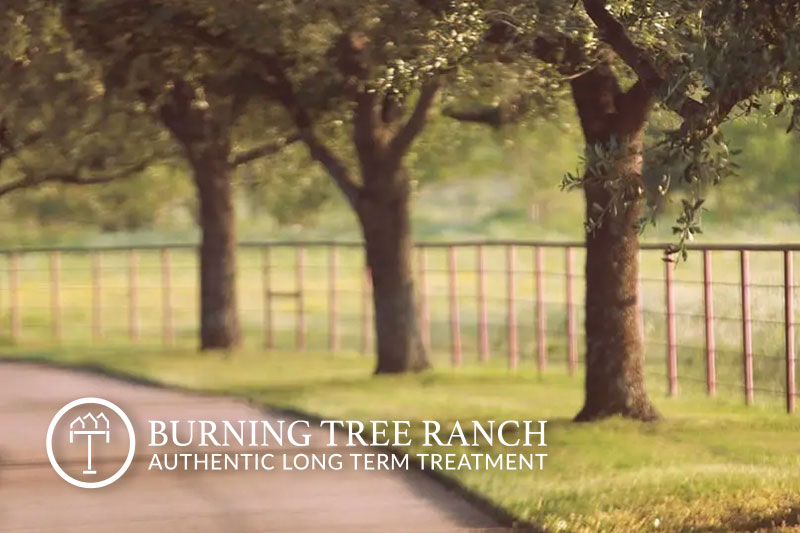
Common Across All Clusters
Stigma and Misunderstanding: Stigma surrounding mental health and personality disorders, in particular, can prevent individuals from seeking or continuing treatment.
Comorbidity: The presence of comorbid conditions, such as mood disorders, anxiety disorders, or substance use disorders, complicates treatment planning and implementation.
Long-term Nature of Treatment: Personality disorders are enduring, requiring long-term, consistent therapeutic engagement, which can be a challenge for both the individual and the healthcare provider.
Treating personality disorders requires a multifaceted approach tailored to the individual’s needs and characteristics. It often involves a combination of psychotherapy, medication (when appropriate), and support for developing healthier coping mechanisms and interpersonal skills.
Beyond the Myths: Exploring the Truth About Personality Disorders
Personality disorders are often misunderstood, leading to misconceptions that can stigmatize those who live with them. Here’s a look at common myths about Cluster A, B, and C personality disorders, alongside facts that shed light on the realities.
Understanding these facts helps combat stigma and promotes a more compassionate view of those dealing with personality disorders, encouraging them to seek the help they need.
Cluster A Misconceptions
Misconception: People with Cluster A personality disorders are dangerous or violent.
Fact: Individuals with Cluster A disorders often appear odd or eccentric but are not inherently dangerous. Their behavior might stem from deep-seated distrust or discomfort in social situations, not a desire to harm others.

Cluster B Misconceptions
Misconception: Individuals with Borderline Personality Disorder (BPD) can never lead stable lives.
Fact: With appropriate treatment, such as Dialectical Behavior Therapy (DBT), individuals with BPD can achieve significant improvements in functioning and quality of life. Many people with BPD learn to manage their emotions and build satisfying relationships.
Misconception: Narcissistic Personality Disorder (NPD) is just extreme vanity.
Fact: NPD involves deep issues with self-esteem and empathy, not merely an inflated sense of self-importance. It’s a complex disorder that affects interpersonal relationships profoundly.
Misconception: Antisocial Personality Disorder (ASPD) means being introverted or disliking social interaction.
Fact: ASPD is characterized by a disregard for the rights of others, not just a preference for solitude. It involves a pattern of manipulative, deceitful, or aggressive behavior.

Cluster C Misconceptions
Misconception: Avoidant Personality Disorder is just being shy or socially awkward.
Fact: While shyness is a common trait, Avoidant Personality Disorder involves severe social inhibition and sensitivity to rejection that significantly impairs daily functioning.
Misconception: People with Dependent Personality Disorder are just clingy.
Fact: This condition goes beyond typical clinginess; it’s a pervasive psychological dependence on others for emotional support and decision-making, often rooted in low self-esteem.
Misconception: Obsessive-Compulsive Personality Disorder (OCPD) is the same as Obsessive-Compulsive Disorder (OCD).
Fact: OCPD and OCD are distinct conditions. OCPD involves a chronic preoccupation with orderliness, perfectionism, and control, without the presence of obsessive thoughts and compulsive behaviors seen in OCD.
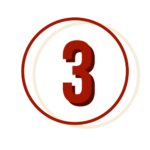
General Misconceptions
Misconception: Personality disorders are just excuses for bad behavior.
Fact: Personality disorders are recognized mental health conditions with specific diagnostic criteria. They involve enduring patterns of thinking, feeling, and behaving that deviates from cultural expectations and cause significant distress or impairment.
Misconception: Treatment for personality disorders is ineffective.
Fact: While challenging, many personality disorders can be effectively treated with psychotherapy and sometimes medication. Treatment can help individuals lead more stable and fulfilling lives.
Misconception: Antisocial Personality Disorder (ASPD) means being introverted or disliking social interaction.
Fact: ASPD is characterized by a disregard for the rights of others, not just a preference for solitude. It involves a pattern of manipulative, deceitful, or aggressive behavior.

Exploring the Link: Addiction Rates Among Individuals with Personality Disorders
The rates of addiction among individuals with personality disorders are notably higher compared to the general population. The specific rates can vary based on the type of personality disorder and the substance or behavior in question.
Cluster A personality disorders often display a complex relationship with substance use. While there might be a lower direct correlation with substance use disorders than in Cluster B, individuals with Cluster A disorders are not immune to substance use issues. The isolation and eccentric behavior associated with Cluster A can lead to substance use as a coping mechanism.
Cluster B personality disorders, particularly Borderline Personality Disorder (BPD) and Antisocial Personality Disorder (ASPD), show a high comorbidity with substance use disorders. Studies suggest that about 50-70% of individuals with BPD have a substance use disorder in their lifetime. For ASPD, the rates are similarly high, with significant overlaps, especially in alcohol and illicit drug use disorders.
Cluster C personality disorders also demonstrate a higher prevalence of substance use disorders compared to the general population, though typically at lower rates than Cluster B disorders. The anxiety and avoidance seen in Cluster C disorders can lead individuals to self-medicate with substances.
Across all personality disorders, the interaction between the disorder and substance use can exacerbate the symptoms and complications of each, creating a cycle that is challenging to break. The high rates of addiction in individuals with personality disorders underscore the need for integrated treatment approaches that address both the personality disorder and the substance use disorder concurrently.
Beyond the Surface: How Personality Disorders Emerge and Impact Lives
Personality disorders are intricate mental health conditions marked by long-standing patterns of behavior, thought processes, and inner experiences that significantly diverge from the cultural norms of an individual’s environment.
Timing of Diagnosis
Personality disorders are generally only diagnosed once an individual reaches late adolescence or early adulthood, often after reaching 18 years of age. This delay is partly because personality traits still develop during childhood and adolescence, and behaviors that suggest a personality disorder can sometimes be within the bounds of normal development. Nonetheless, indications and symptoms of these disorders can often start to appear during the teenage years or early adolescence, though a formal diagnosis might be postponed.
The Role of Gender
Studies suggest that gender can influence both the frequency of personality disorder diagnoses and the types of disorders diagnosed. For example, Borderline Personality Disorder is reported more commonly in women, while Antisocial Personality Disorder is more frequently diagnosed in men. These trends could reflect genuine differences in the occurrence of disorders across genders or biases in diagnostic practices.
Differences Among Disorders
Certain personality disorders might be identified earlier than others, depending on the nature of their symptoms. For instance, the behaviors associated with Antisocial Personality Disorder or Borderline Personality Disorder might lead to earlier detection and intervention, as these behaviors can be more conspicuous and potentially disruptive. Conversely, disorders characterized by internal distress or avoidance, such as Avoidant Personality Disorder or Schizoid Personality Disorder, might be less apparent, leading to a later diagnosis.
Discovery and Diagnosis Process
Individuals often discover they have a personality disorder after seeking help for related issues, such as challenges in relationships, work, or other areas of life. Mental health professionals utilize diagnostic interviews, assessments, and the criteria outlined in the Diagnostic and Statistical Manual of Mental Disorders, Fifth Edition to diagnose personality disorders.
Cases Without Diagnosis
Many individuals with personality disorders may never receive a formal diagnosis. This lack of diagnosis can be due to several reasons, including unawareness, stigma associated with seeking mental health treatment, or misdiagnosis. Some might not seek help because they do not see their enduring patterns of thinking and behaving as problematic or view their experiences as an immutable part of their identity.
Consequences of Non-Diagnosis
Failing to receive a diagnosis can lead to severe consequences, including persistent personal distress, difficulties in maintaining relationships, and an elevated risk of substance use disorders and suicidal behavior. Without a diagnosis, individuals miss the opportunity for treatments such as psychotherapy or medications that could significantly enhance their life quality. Furthermore, undiagnosed personality disorders can negatively affect social and occupational functioning, leading to a pervasive sense of dissatisfaction or failure.
Emphasizing the Importance of Long-Term Treatment for Personality Disorders
Effectively treating personality disorders requires a nuanced, compassionate approach that addresses the distinct challenges presented by each cluster, such as engagement difficulties, emotional volatility, and deep-seated fears.
Emphasizing the importance of long-term care is crucial, as sustainable recovery hinges on continuous, personalized treatment strategies. These strategies must foster trust, promote self-awareness, and develop robust coping mechanisms.
With dedication to long-term care, individuals can navigate the complex path toward meaningful improvement in their lives and interpersonal relationships, demonstrating that, despite the challenges, progress and healing are attainable.
